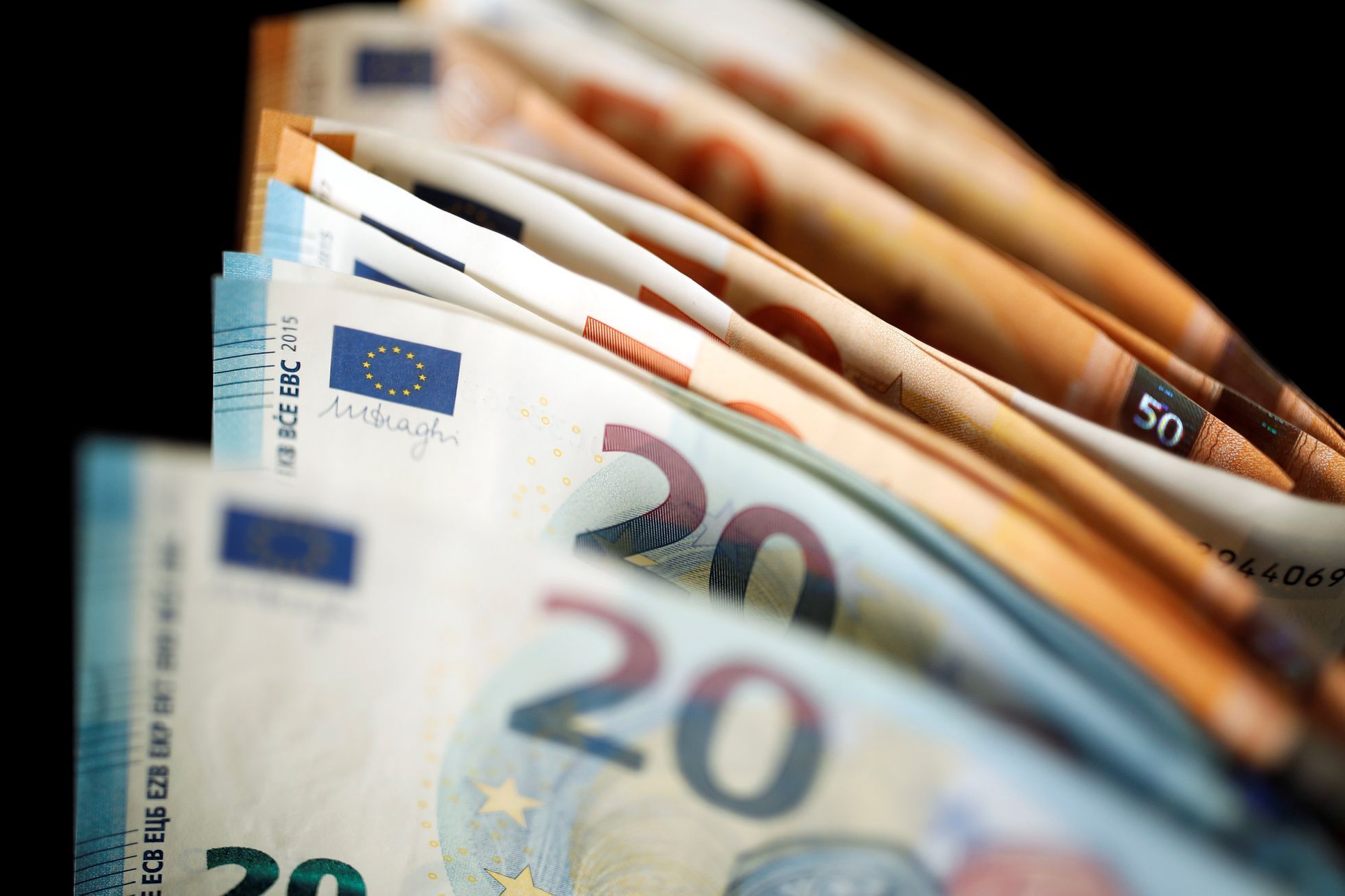A happier, freer and more creative society that does not have to worry about making a living. According to supporters of unconditional income, this is the main advantage of the proposed revolution in social security. From the spring of next year, residents of Germany can also try out what such a life would look like, where Tuesday, November 10, is the last chance to sign up for such a study.
An interesting fact that the experiment, which has already been tried in several forms by various states, is the fact that it will be financed exclusively from private sources, not from the public budget.
Researchers are looking for at least 122 people who will receive 1,200 euros (about 31,800 CZK) without any conditions for three years. “You won’t have to do anything about it, just fill in seven online questionnaires in three years,” experts say. There may be more people who will receive a subsidy for a carefree life if the project receives additional funding from sponsors.
The study, which is backed by the DIW Institute of Economics, Mein Grundeinkommen (My Basic Income) and academics from the University of Cologne and the Max Planck Institute, will follow 1,500 people for three years. However, only at least 122 of them will receive the money, the rest will be in the role of a control group.
The researchers wanted to shortlist at least a million candidates so that the research would cover the widest possible range of society. The initial estimate that it would take at least three months to achieve this goal proved cautious. Following the opening of registrations on 18 August, the project site experienced a collapse due to extraordinary interest, and the target of one million applicants was exceeded within three days. Just a few hours before the end of today’s deadline, more than two million people were interested in participating.
A similar project took place in Germany six years ago, when about 650 randomly selected people received € 1,000 a month for one year. The experts were surprised by the result. “The basic income had a completely different effect than what people said in the evening discussions with friends. Few people changed jobs and no one was lazy. On the contrary, people flourished, lived healthier, had greater social considerations, made bold decisions, educated, founded companies – even those who have had enough money for a happy life before, “says Mein Grundeinkommen.
The association now wants to repeat the attempt, not only under its direction, but under the supervision of other scientists. “We want to make sure we haven’t gotten into any bubble effect. We want to know if it’s worth investing more time and energy in this idea,” the association added.
Professor Jürgen Schupp from DIW, who participates in the research, has been promising practical and scientific verification of theses that have been the subject of debates in philosophical salons for several decades. He considers similar experiments from abroad to be little applicable. “One recently published metastudy shows that numerous experiments in the countries of the Organization for Economic Co-operation and Development have ended prematurely, date from the middle of the last century, or do not take into account the degree of globalization and digitization,” Schupp explains.
One of the last countries to try unconditional income was Finland between 2016 and 2018. Each month, the state paid two thousand randomly selected unemployed 560 euros (about 14,800 CZK), but this did not lead to greater employment. Although Schupp considers the results valuable, he notes that the Finnish test focused only on unemployed people. The German project will include the widest possible sample of the entire company.
Last chance to sign up
Until Tuesday, November 10, at midnight, the application deadline will end, and in the next two months, scientists will narrow the applicant to a group of 20,000 people. With the help of data from the statistical office, a final sample of 1,500 people will be selected in the next two to three months, of which at least 122 will be randomly assigned to pay basic income. The payment of money is expected for the spring of the coming year.
In addition to the participants, the project is also looking for sponsors, whom it has so far raised to 150,000.
Although the German study will be evaluated as successful, the reconstruction of the social system in Germany cannot be expected in the foreseeable future. The idea of unconditional income has little support among politicians. Finance Minister Olaf Scholz also spoke out, leading the SPD’s Social Democracy to the elections next year as a candidate for chancellor. Economists also have reservations, in which case they point to the need for a significant increase in taxes.
– .


